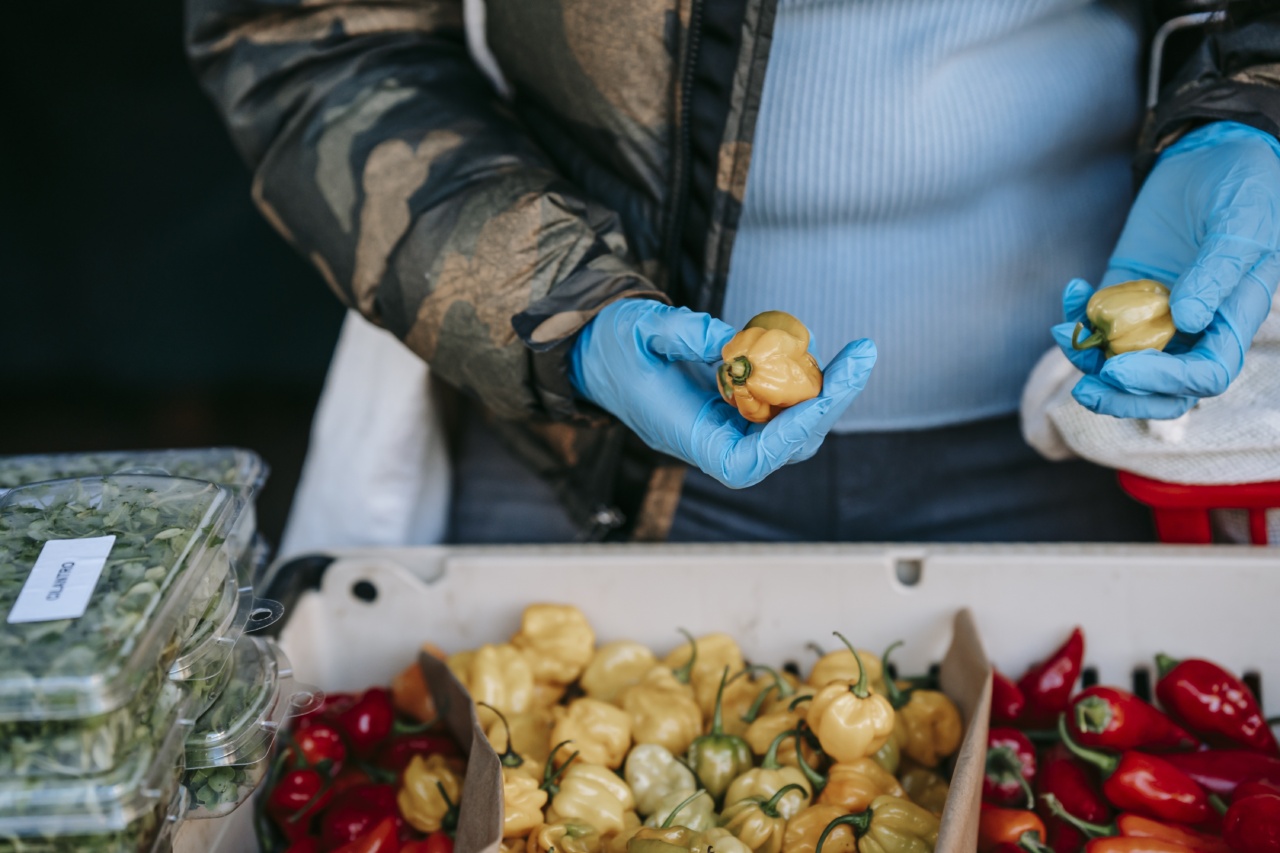Bowel polyps are small growths that develop on the lining of the colon or rectum. While most polyps are harmless, some can turn into cancer over time, making it important to understand the factors that increase the risk of developing bowel polyps.
One such factor is the food we consume on a regular basis. Certain foods have been found to increase the risk of developing bowel polyps, and it is essential to be aware of them to minimize the risk.
Foods High in Red Meat
Consuming large amounts of red meat, such as beef, lamb, or pork, increases the risk of developing bowel polyps.
Red meat is rich in a molecule called heme iron, which can cause oxidative damage to the lining of the colon and promote the growth of polyps. It is advisable to limit the consumption of red meat and opt for leaner protein sources like poultry, fish, or plant-based proteins.
Processed Meats and Bowel Polyps
Processed meats like bacon, sausages, hot dogs, and deli meats have also been linked to an increased risk of bowel polyps.
These meats often contain nitrates and nitrites, compounds that can react with other substances in the digestive tract to form carcinogenic compounds. It is wise to limit or avoid the consumption of processed meats to reduce the risk of developing bowel polyps.
High-Fat Diet and Bowel Polyps
A diet high in unhealthy fats, such as saturated and trans fats, can contribute to the development of bowel polyps. These fats can increase inflammation in the body and promote the growth of polyps.
To reduce the risk, it is recommended to opt for healthier fats found in sources like avocados, nuts, and olive oil.
Sugary Foods and Beverages
Excessive consumption of sugary foods and beverages has been associated with an increased risk of bowel polyps. A high intake of sugar can lead to chronic inflammation and insulin resistance, both of which can contribute to the development of polyps.
It is crucial to limit the intake of sugary foods and opt for healthier alternatives like fruits and whole grains.
Low Fiber Intake
A diet low in fiber can increase the risk of developing bowel polyps. Fiber plays a vital role in maintaining regular bowel movements and preventing constipation. It also helps to remove waste and toxins from the body efficiently.
To ensure an adequate fiber intake, it is advisable to include fruits, vegetables, whole grains, and legumes in your daily diet.
Alcohol Consumption
Excessive alcohol consumption has been linked to an increased risk of bowel polyps. The excess alcohol can irritate the lining of the colon and rectum, promoting inflammation and the growth of polyps.
Limiting alcohol intake and following moderation guidelines can help reduce the risk associated with it.
Low Calcium Levels
Inadequate intake of dietary calcium has been associated with an increased risk of bowel polyps. Calcium plays a crucial role in maintaining the health of the colon lining.
To ensure sufficient calcium levels, include calcium-rich foods like dairy products, leafy greens, and fortified plant-based milk in your diet.
Vitamin D Deficiency
Vitamin D deficiency has been found to be associated with a higher risk of developing bowel polyps. Vitamin D plays a role in regulating cell growth and may have a protective effect against polyp formation.
Ensure sufficient vitamin D levels by spending time outdoors, consuming vitamin D-rich foods like fatty fish and fortified dairy products, or considering supplements if necessary.
Low Antioxidant Intake
Dietary antioxidants, such as vitamin C, vitamin E, and beta-carotene, help protect cells from damage caused by free radicals. Low intake of antioxidant-rich foods can increase the risk of developing bowel polyps.
Include a variety of fruits, vegetables, nuts, and seeds in your diet to ensure an adequate intake of antioxidants.
Processed and Refined Foods
Processed and refined foods, such as white bread, pasta, and sugary snacks, offer little nutritional value and can promote inflammation and weight gain. These factors can contribute to the development of bowel polyps.
Opt for whole grain alternatives and focus on a diet rich in whole, unprocessed foods to keep the risk at bay.
The Importance of a Balanced Diet and Lifestyle
While certain foods can increase the risk of developing bowel polyps, it is important to remember that overall dietary patterns and lifestyle choices play a significant role as well.
Maintaining a balanced diet with a variety of nutrient-rich foods, regular exercise, avoiding smoking, and moderating alcohol consumption are crucial for reducing the risk of bowel polyps and promoting overall health.





























